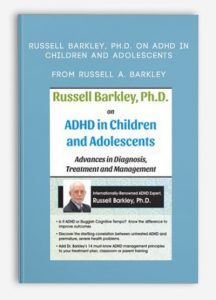 Russell Barkley, Ph.D. on ADHD in Children and Adolescents from Russell A. Barkley
Russell Barkley, Ph.D. on ADHD in Children and Adolescents from Russell A. Barkley
More information about Medical:
Medicine is the science and practice of establishing the diagnosis, prognosis, treatment, and prevention of disease.
Medicine encompasses a variety of health care practices evolved to maintain and restore health by the prevention and treatment of illness.
Contemporary medicine applies biomedical sciences, biomedical research, genetics, and medical technology to diagnose, treat, and prevent injury and disease,
typically through pharmaceuticals or surgery, but also through therapies as diverse as psychotherapy, external splints and traction, medical devices, biologics, and ionizing radiation, amongst others.
Medicine has been around for thousands of years, during most of which it was an art (an area of skill and knowledge) frequently having connections to the religious and
philosophical beliefs of local culture. For example, a medicine man would apply herbs and say prayers for healing, or an ancient philosopher and physician would apply bloodletting according to the theories of humorism.
In recent centuries, since the advent of modern science, most medicine has become a combination of art and science (both basic and applied, under the umbrella of medical science).
While stitching technique for sutures is an art learned through practice, the knowledge of what happens at the cellular and molecular level in the tissues being stitched arises through science.
Outline:
The Costs of Undertreated ADHD
- Why ADHD may be the disorder “behind the curtain” of significant health problems
- Risk factors: suicide, self-injury, obesity, substance abuse, diabetes and shorter life expectancy
- Your role in educating kids, caregivers and medical professionals on the health risks of ADHD
- How to broaden your assessment beyond the DSM-5® to include diet, nutrition, sleep and quality of life
The Future of Diagnosis and Treatment
- Dr. Barkley’s most recent research – and what it means for you as a helping professional
- Sluggish Cognitive Tempo (SCT) – ADHD’s lesser known, but just as prominent and debilitating cousin
- Comparing SCT and ADHD – Demographics, Comorbidity, Risks and Impairments
- Why SCT is often diagnosed as “ADHD – Inattentive Type” or “ADD”
- Crucial differences in treatment recommendations for SCT v. ADHD
14 Best Principles for Managing ADHD in Children and Teens
- Understanding ADHD as a disorder of executive functioning and self-regulation
- The latest evidence-based treatment recommendations for improving:
- Self-awareness
- Time management
- Emotional self-control
- Self-motivation
- Planning and problem solving
- And more!
- Recommendations on what to avoid – and why – with kids who have ADHD
Description:
In this recording, world-renowned ADHD expert Dr. Russell Barkley highlights new insights in the diagnosis, treatment and management of ADHD. Packed with recent research and practical application, this recording is a must-see for anyone who works with kids and adolescents diagnosed with ADHD.
Follow along with Dr. Barkley as he walks you through:
- His latest research findings and what that means for treatment and management of ADHD today
- How to differentiate between ADHD and Sluggish Cognitive Tempo (SCT) – and why it matters
- Why an ADHD diagnosis lends itself to significant health problems and shorter life expectancy
- The evolution of ADHD as more than just an educational or mental health problem
- 14 best principles for managing ADHD in children and teens
- An update on the most recent evidence-based treatment recommendations
The content provided in this recording qualifies as education hours toward becoming certified for ADHD-CCSP through The Institute of ADHD Professionals, endorsed by CHADD. Visit www.adhdcert.com.
Don’t miss this rare opportunity to learn from a legend in the mental health field!


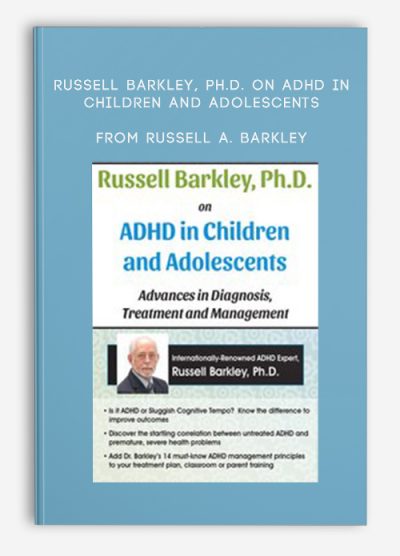

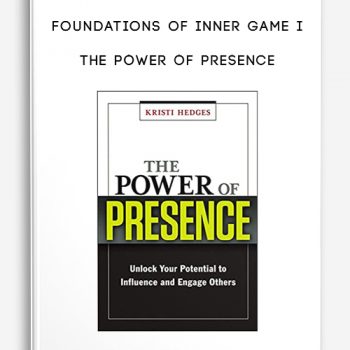
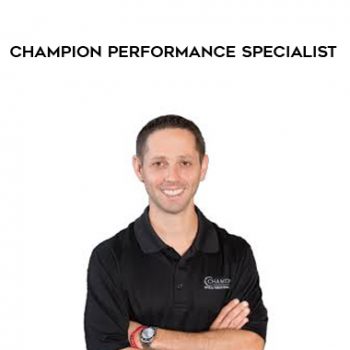


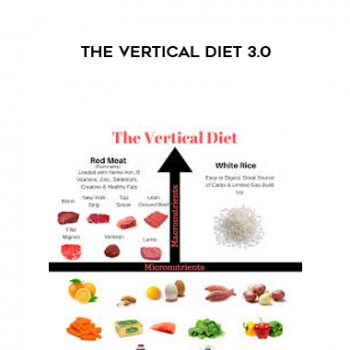
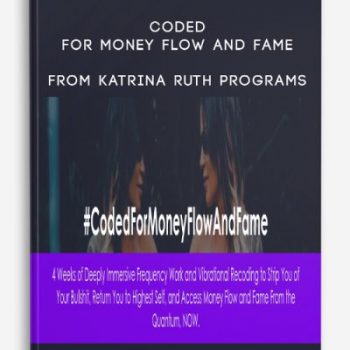
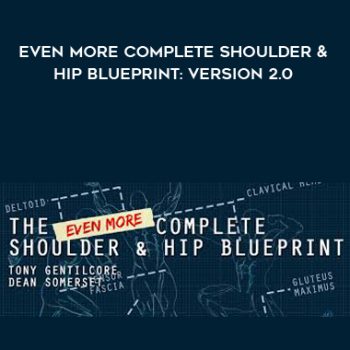

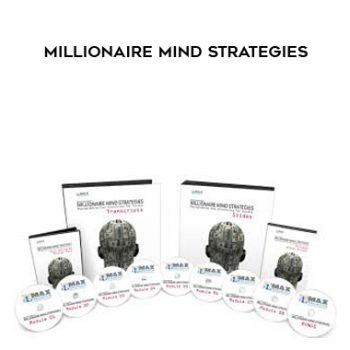
tristian –
This is Digital Download service, the course is available at Coursecui.com and Email download delivery.